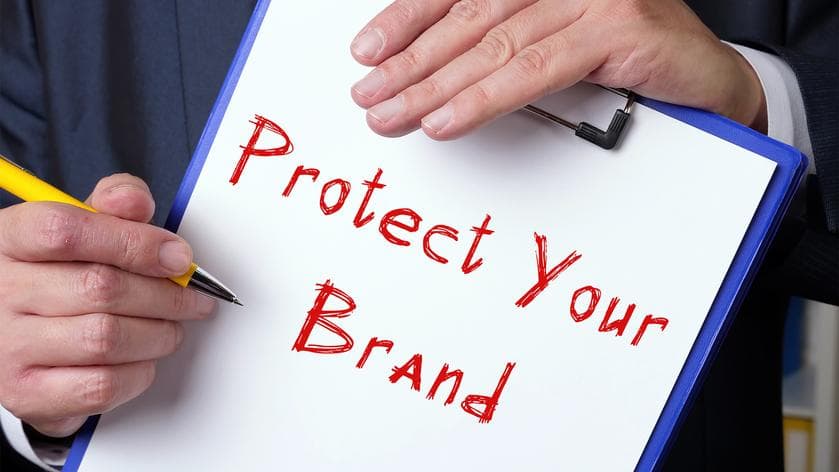
How To Protect Your Brand From Counterfeits?
When discussing intellectual property (IP), it is crucial to delve into the realms of brand protection and anti-counterfeiting. These topics are not only intriguing but also paramount in safeguarding the integrity of brands and protecting consumers.
Understanding Counterfeiting:
Counterfeiting refers to the creation and distribution of duplicate products that closely resemble branded items, often deceiving consumers into believing they are purchasing genuine products. These counterfeit goods are rampant across numerous industries, including fragrances, software, automobile spare parts, luxury watches, leather products, accessories, and footwear. “It is not that difficult to copy any product. What is difficult is to create an original product”, says Mr Shridhaar Parundekar one of the prominent Intellectual Property experts.
Detecting Counterfeits:
In today's digital age, consumers have tools to discern counterfeit products, particularly in the electronics and mobile industries. Methods such as warranty registration and product IMEI verification via online portals allow buyers to verify the authenticity of their purchases.
The Global Battle Against Counterfeiting:
The illicit profits generated from counterfeit sales often find their way into organized crime and other illegal activities. To combat this menace, countries worldwide are collaborating to promote brand protection and anti-counterfeiting measures, he adds.
Remedies for Brand Owners:
Brand owners employ various strategies to protect their intellectual property and combat counterfeiting, adds Mr Parundekar. These include registering trademarks, copyrights, packaging, designs, and data. Brand owners can take both civil and criminal actions against counterfeiters. In civil cases, they can seek injunctions against the manufacturing and marketing of counterfeit products.
“And if you're not fighting against the counterfeit means you are in the danger zone. Every brand needs to understand them brand protection is a must”, says Mr. Parundekar. Criminal actions involve collaborating with law enforcement and customs officers to suspend counterfeit product shipments at different customs offices and conduct IP enforcement actions in warehouses and manufacturing units.
The Role of Lawyers and Law Firms:
He further says that intellectual property lawyers and law firms play a crucial role in brand protection and anti-counterfeiting efforts. They work on behalf of brand owners, conducting market surveys, mystery shopping, and investigations to identify the sources of counterfeit products. Law firms engage investigation teams to trace manufacturers, wholesalers, exporters, and importers, enabling brand owners to take legal action against counterfeiters.
Brand protection and anti-counterfeiting are not mere legal endeavours but essential components of preserving the reputation, financial stability, and trustworthiness of brands. Fighting against counterfeiting is not only about financial gains; it is also about ensuring consumer safety, maintaining trust, and contributing to society by curbing tax evasion. “Together, brand owners and legal professionals can unite in the battle against counterfeits, ultimately benefiting both businesses and consumers alike”, he concludes.
It is essential to consult an intellectual property lawyer to get more insights on the issue and take proper legal action.
For any enquiries or information, contact info@thelawreporters.com or call us on +971 52 644 3004. Follow The Law Reporters on WhatsApp Channels